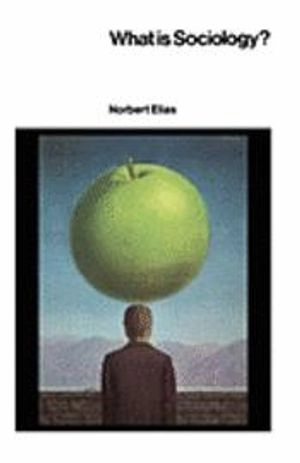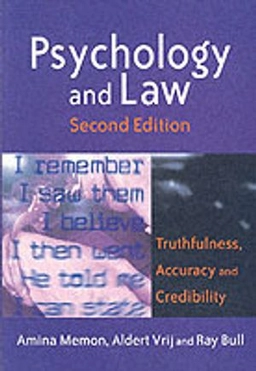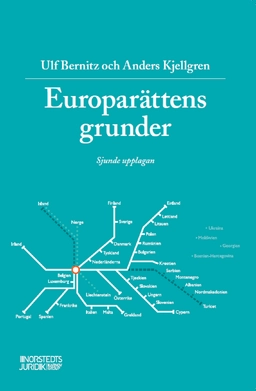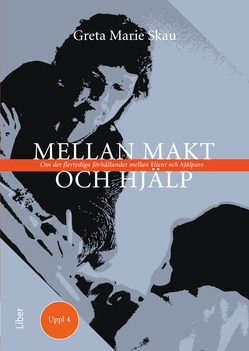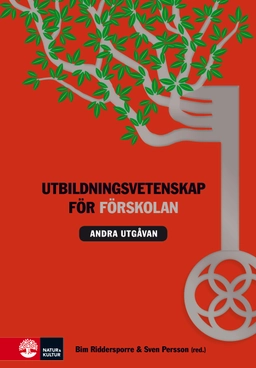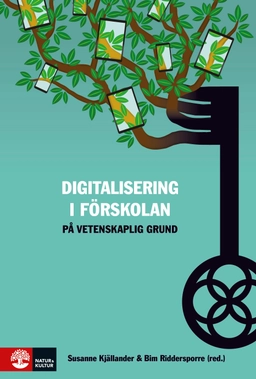What is Sociology? presents in concise and provocative form the major ideas of a seminal thinker whose work -- spanning more than four decades -- is only now gaining the recognition here it has long had in Germany and France. Unlike other post-war sociologists, Norbert Elias has always held the concept of historical development among his central concerns; his dynamic theories of the evolution of modern man have remedied the historical and epistemological shortcomings of structualism and ethno-methodology. What is Sociology? refines the arguments that were first found in Elias' massive work on the civilizing process, in which he formulated his major assertions about the interdependence of the making of modern man and modern society. It is Elias' contention that changes in personality structure -- embodied in phenomena ranging from table manners and hygiene habits to rites of punishment and courtly love -- inevitably reflect and mould patterns of control generated by new political and social instututions. Elias' rejection of a dichotomy between individual and society, and his use of psychoanalysis, political theory, and social history, help restore a fullness of resource to sociology. (Bookdata)
Åtkomstkoder och digitalt tilläggsmaterial garanteras inte med begagnade böcker
